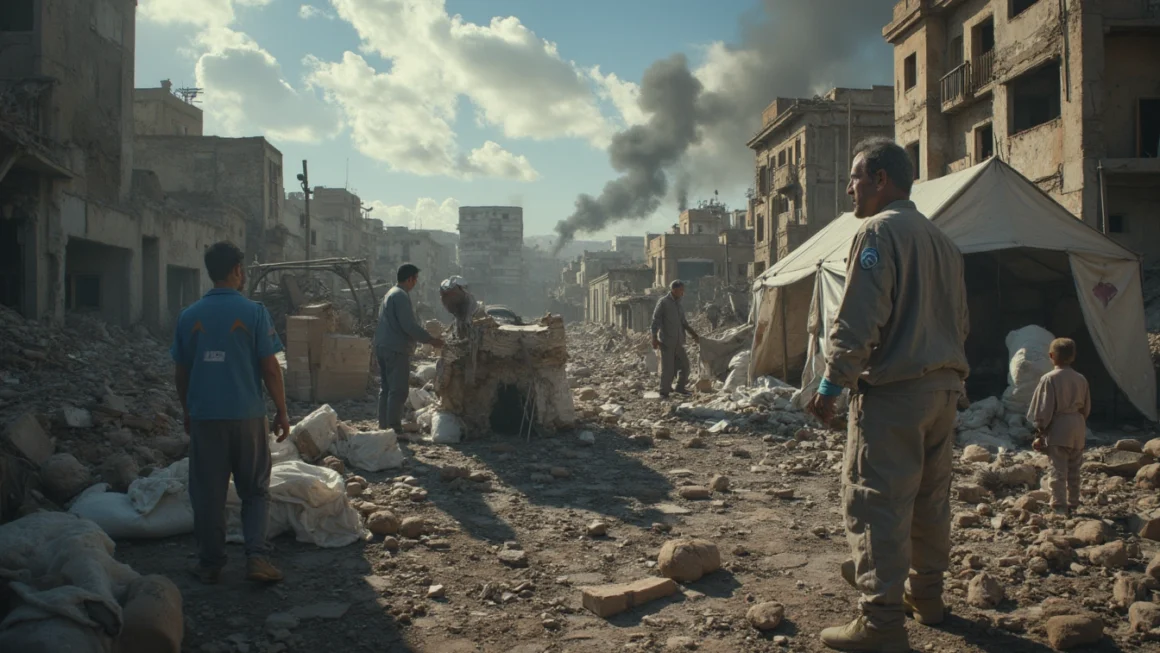The ongoing conflict in Lebanon has taken a devastating toll on the country’s healthcare system, with far-reaching consequences for its population. As tensions continue to escalate, the impact on medical facilities, personnel, and access to essential services has become increasingly severe.
The Scale of Destruction
Table of Contents
Recent reports indicate alarming levels of damage to healthcare infrastructure:
- Over 100 hospitals and medical centers have been partially or fully destroyed
- Numerous primary healthcare facilities are no longer operational
- Critical medical equipment and supplies have been lost or rendered unusable
This widespread destruction has severely compromised Lebanon’s ability to provide adequate healthcare services to its population, especially in areas most affected by the conflict.
Impact on Healthcare Personnel
The conflict has not only damaged physical infrastructure but has also had a profound effect on healthcare workers:
- Many medical professionals have been forced to flee conflict zones
- Those remaining face extreme challenges in performing their duties
- Reports of attacks on healthcare workers have increased, raising serious safety concerns
The exodus of skilled medical personnel has created a significant gap in healthcare provision, particularly in specialized fields.
Access to Essential Services
The destruction of healthcare facilities and displacement of medical staff have severely limited access to essential services:
- Emergency medical care has become increasingly difficult to obtain
- Treatment for chronic conditions has been disrupted
- Maternal and child health services have been compromised
These limitations have put vulnerable populations, including children, the elderly, and those with pre-existing conditions, at particularly high risk.
Humanitarian Response and Challenges
International organizations and NGOs are working tirelessly to address the healthcare crisis in Lebanon. However, they face significant obstacles:
- Security concerns limit access to certain areas
- Logistical challenges hinder the delivery of medical supplies
- The scale of need often outpaces available resources
Despite these challenges, humanitarian efforts continue to play a crucial role in providing emergency medical assistance and supporting the remaining healthcare infrastructure.
Long-term Consequences
The destruction of Lebanon’s healthcare system will have lasting effects beyond the immediate crisis:
- Rebuilding infrastructure will require significant time and resources
- Training new healthcare professionals to replace those lost will take years
- The population may face increased health risks due to interrupted care and reduced preventive services
These long-term impacts underscore the need for sustained support and investment in Lebanon’s healthcare system, even after the immediate conflict subsides.
The Role of Technology in Crisis Response
In the face of such challenges, innovative technological solutions can play a crucial role in supporting healthcare delivery. Automation platforms like Make.com offer potential for streamlining emergency response processes, coordinating aid efforts, and managing limited resources more efficiently in crisis situations.
International Community’s Responsibility
The situation in Lebanon serves as a stark reminder of the devastating impact of conflict on healthcare systems. It highlights the urgent need for:
- Increased international attention and support
- Protection of healthcare facilities and personnel in conflict zones
- Sustainable solutions to rebuild and strengthen healthcare infrastructure
The international community must prioritize efforts to safeguard healthcare systems in conflict-affected areas and ensure that access to essential medical services remains a fundamental human right.
Conclusion
The destruction of Lebanon’s healthcare system represents a humanitarian crisis with far-reaching implications. As the conflict continues, the need for immediate action and long-term planning becomes increasingly critical. Only through concerted international efforts and innovative approaches can we hope to address the current crisis and build a more resilient healthcare system for Lebanon’s future.




